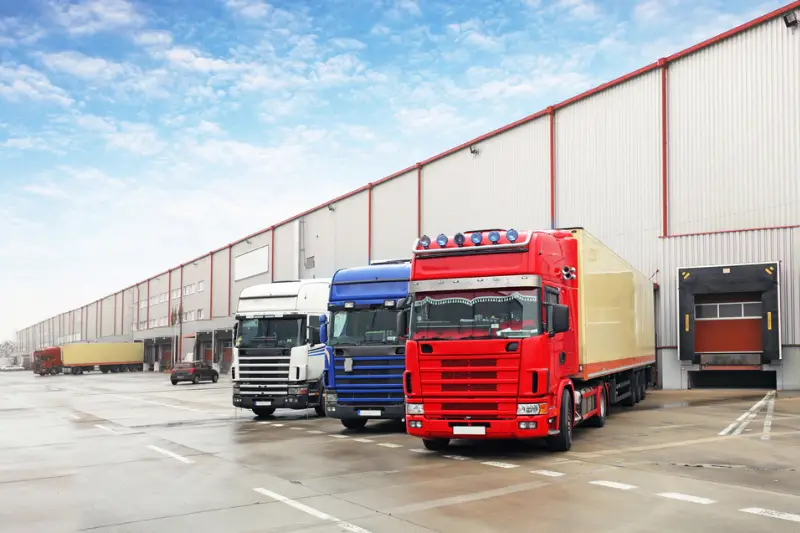Click here to get this post in PDF

It is becoming increasingly common for businesses operating commercial fleets to use tracking technology. In this article, we’re going to look at the benefits of using this technology and how by understanding the data produced, businesses can make improvements to how they operate and the service they provide.
How does fleet tracking work?
Before we look at the benefits of fleet tracking, it’s essential to understand how these systems work. Fleet tracking works by having a small device installed inside a commercial vehicle which then transmits data, such as the location of the vehicle, back to a database. This data is monitored by fleet managers and other logistics professionals working for the business operating the commercial fleet.
What kind of data is produced?
Fleet tracking produces a wide variety of data, all of which is useful to fleet managers in different ways. Not only can the live location of vehicles equipped with tracking systems be seen by fleet managers, but they can see much more in-depth data as well. It’s possible to see how long a driver has been driving each day, and how much fuel has been used. Furthermore, information about their driving is also recorded. This data included if they were speeding, how long the engine was left idling, and if there were any harsh braking and accelerations, which could be dangerous to other road users.
Why is this information important?
From a business point of view, this information is incredibly important as it provides a more detailed picture of how their commercial fleet is running. Before this technology was available fleet managers relied on manual checks and the word of the driver for information about the day’s activity. Now, with fleet tracking, it allows for a far greater picture to be built up showing more precisely how operations are running, and crucially where they can be improved. It also allows those people involved in running the fleet to automate some parts of the process, such as calculating the number of hours worked by a driver each week. By not having to do this manually, it frees up time for other tasks.
What benefits can be gained from understanding the data?
Depending on which area the data is covering there can be numerous benefits which a company can see from understanding and analysing the data. With fuel usage as an example, by understanding the data produced by commercial vehicles in a fleet, businesses can save a significant amount of money by reducing fuel usage. Analysing the data from journey history, driver behaviour (speeding and harsh actions) and engine idling, fleet managers can find areas for improvement. This could be as simple as changing the standard delivery route for a driver to avoid a known area of congestion.
While in theory, the shortest route to a destination should be the fastest, in reality, there are often longer but quicker routes depending on traffic and other factors. By changing the route to avoid traffic, vehicles can reduce engine idling times, which also reduces fuel usage and saves money. Furthermore, by spending less time in traffic, more deliveries could be achieved in a day, increasing the productivity of a fleet.
Another key benefit of understanding fleet tracking data is to the safety of commercial drivers. Some systems can alert drivers to dangerous behaviour and actions, such as speeding and harsh braking. By doing this, it allows drivers to self-correct their behaviour and become safer on the road. If drivers are unable to self-correct, the data is available for fleet managers to analyse and training can be designed to help them going forward. Not only does this make commercial drivers safer, but it improves safety for everyone on the road.
By understanding the data produced by fleet tracking systems, businesses can improve a variety of areas. These benefits can not only save the business money and improve safety but also improve the environmental impact of commercial vehicles, improve customer service and give businesses a better understanding of the maintenance requirements of their vehicles.
Infographic created by Track Your Truck, a GPS vehicle tracking devices provider
You may also like: Auto Repair & Maintenance for Your Small Business Vehicle Fleet

[…] You may also like: The benefits of understanding fleet tracking data […]